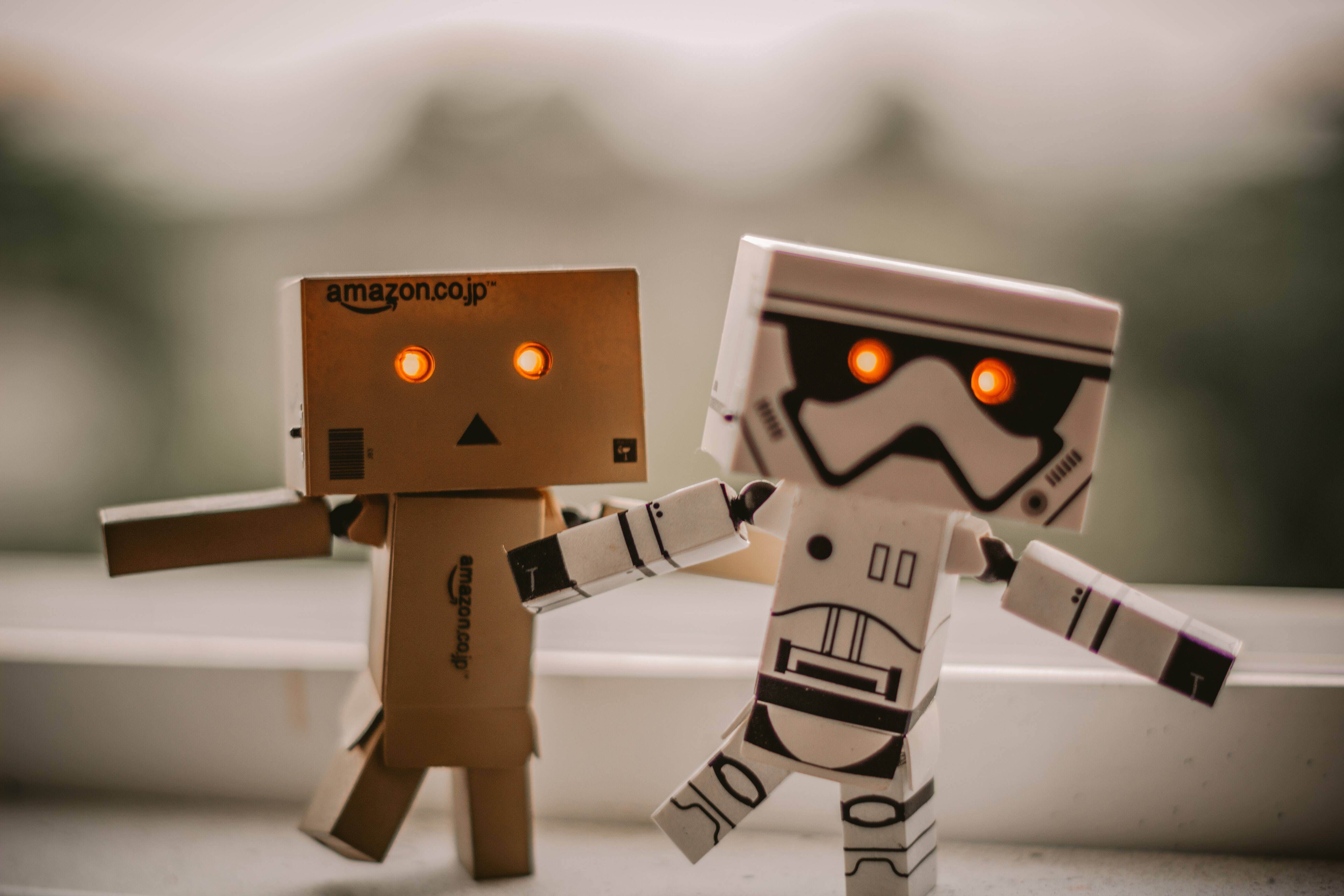The Rise of Intelligent Marketing: How AI is Reshaping the Industry
It’s hard to imagine a technology more transformational for marketing than the emergence of the public Internet. But it appears that AI — and...
3 min read
 Cathy Boudreau
:
Jul 29, 2024
Cathy Boudreau
:
Jul 29, 2024

Perhaps no technology has been as hyped, or as feared, as generative AI. Launched by the release of ChatGPT in November 2022, already two-thirds of marketers are already using generative AI to power content marketing efforts. A similar number (68%) have plans to do so even more in the near future.
Those marketers who are using generative AI are primarily using it to produce more content, and, according to a HubSpot report, they’re finding it extremely valuable: 82% are producing significantly more content, 84% are doing so more efficiently, and 77% are creating more personalized content. Nevertheless, marketers still have strong concerns remain - 60% of those using generative AI worry about plagiarism, bias and misalignment with the brand.
But despite these concerns, marketers are seeing strong results from using generative AI:
Sources: Semrush's Think Big with AI 2024 Report and HubSpot's State of Marketing 2024 Report.
Many marketers fear that generative AI will replace them, but the data on how the technology is currently being used doesn’t support that concern. Generative AI is not being used to replace writers, but is instead being used to improve quality, generate ideas and accelerate research. For instance, among those using generative AI, only 6% use it alone to develop content. About one in five (18%) use it for an initial draft, 45% use it to generate ideas and 31% to create outlines.
The take-away is that marketers are using generative AI to assist them in creating higher quality, more effective content faster than they would be able to do so on their own. Just 1 in 20 are relying entirely on generative AI to create content, which, again, is not surprising given well-founded concerns about plagiarism. After all, well-known media outlets have seen intense blowback when it was discovered that they were using AI to generate content, apparently without much human oversight.
Sports Illustrated, for instance, was caught in November not only publishing articles created by AI, but also using AI to create false authors along with AI-generated photos. The parent company of Sports Illustrated fired the company that it had contracted with to provide articles as a result of the revelation.
And that’s not the only case. CNET, a very popular technology news outlet, was found in January 2023 to have published 77 articles — mostly explainers — that had been written in their entirety by AI without disclosing that fact to readers. Even worse, more than half of the articles contained plagiarism and / or errors.
The risk for reputational damage and losing the trust of customers is simply too great to allow AI to create content completely independently. Marketers know this, which nearly all keep human writers at the center of the content creation process.
It’s also notable that marketers are using generative AI to augment email campaigns, which just over four in 10 say remains their most effective marketing tool. Nearly half of marketers say they use generative AI to create email content, which stands to reason. Generative AI is more effective the more specific and constrained the task.
AI is also a key tool for enabling personalization, which has been an important and powerful trend in marketing over the last year. Those who use tools to personalize content have seen a 52% increase in conversations, which, of course, is an enormous gain, so it’s not surprising to learn that marketers who provide a personalized experience were more than two times more likely to say their marketing strategy was very effective compared to those who did not.
But personalization at scale is not something a marketing team can do manually. It’s simply too labor-intensive. Personalization must be highly automated, and that’s a task at which AI excels. As a result, nearly 8 in 10 marketers who use generative AI are employing it to personalize email content.
AI is rapidly transforming the marketing and sales landscape, offering powerful tools to boost content creation, personalization, and overall campaign effectiveness. Here are a few of the popular AI tools that marketing teams are using to get ahead:
It’s clear that generative AI will be the big, overarching trend for 2024, and it is becoming a must-have technology for marketers to enable personalization, increase efficiency, and accelerate content research and ideation. But generative AI is most effective when it supercharges the abilities of human marketers, not when it replaces them. Marketers need to begin experimenting with generative AI, if they have not already done so, but they also must keep human beings at the center of the process. AI cannot do our jobs for us, but they can help us do our jobs better and faster.
Want to learn more about how your organization can effectively use generative AI to supercharge your campaigns? Get in touch.

It’s hard to imagine a technology more transformational for marketing than the emergence of the public Internet. But it appears that AI — and...

In sales and marketing, artificial intelligence (AI) adoption is a hot issue right now, and for good reason. Sales and marketing is the business...

Digital marketing now dominates our industry, and with it comes major challenges for CMOs. For starters, managing the data, tools and applications...